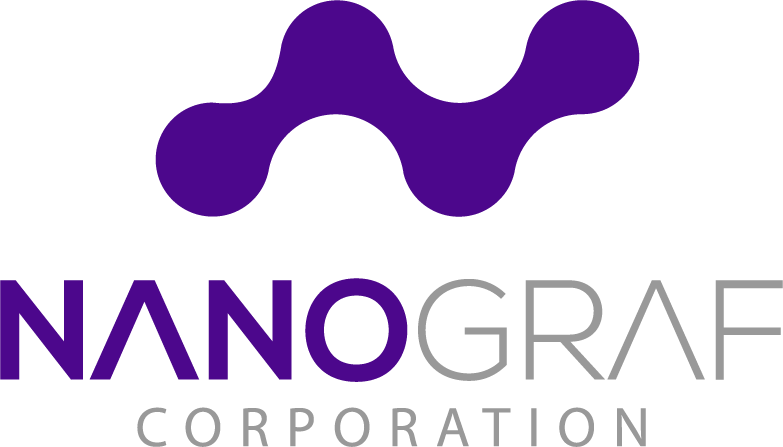An Exciting Milestone in Battery Development
In the past 20 years, I’ve never felt more excited to be a part of the American battery landscape. The popularity of electric vehicles (EVs) and other applications for batteries is skyrocketing.
Lithium-ion cell battery manufacturing in the United States is of critical importance, and the government recognizes this as shown by their recent initiatives to strengthen the domestic manufacturing supply chain for advanced battery materials and technologies.
We’ve all felt the impact of the ways the pandemic is straining global supply chains. Where I sit today in Chicago, near the heart of the American auto industry, people are hyper aware of the fact that we can’t manufacture or sell EVs without chips and batteries that are primarily produced in Asia today. This is why I’m particularly excited to see battery manufacturers preparing to operate right here in Illinois.
Earlier this month, NanoGraf announced the achievement of a new battery milestone with the release of the record-setting 3.8Ah (800Wh/L) 18650 cell, which is a 17.3% increase in energy density. Thanks to the U.S. Department of Defense Small Business Innovation Research Grant, U.S. soldiers' pack weight will reduce dramatically and the batteries inside will power their devices longer.
This breakthrough is just one application of NanoGraf’s advanced battery materials, and there are big things on the horizon. Here at NanoGraf, we are well positioned to support President Biden’s Buy America Act and produce our proprietary silicon-based anode powder in Chicago.
Our silicon-based anode is a scalable, low-cost enabler of the world’s most powerful and longest-lasting cells. The material has been validated by leading battery makers and is ready now.
If you would like to connect to talk about what’s next in the American battery market, please don’t hesitate to reach out!
-Francis
